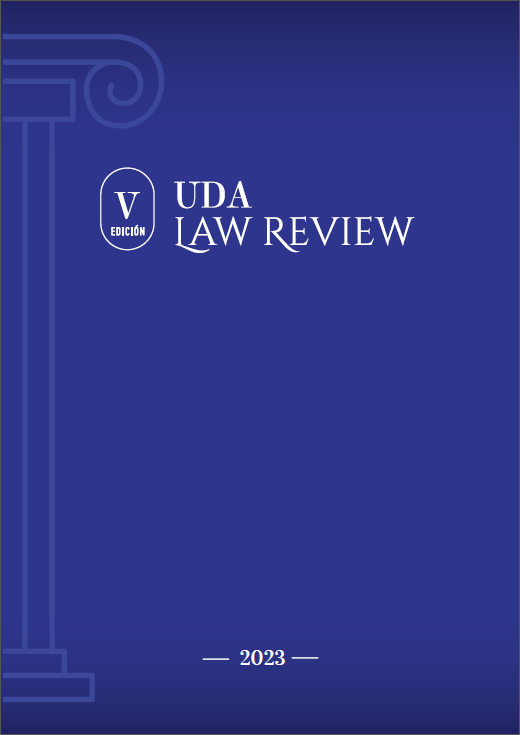La La Constitución del 2008 como un instrumento perpetuador del socialismo del siglo XXIConstitución del 2008 como un instrumento perpetuador del socialismo del siglo XXI
Palabras clave:
Constitución del 2008, socialismo del siglo XXI, isomorfismo regional, movimientos políticos, constitucionalismo, LatinoaméricaResumen
Este artículo busca comprobar la hipótesis sobre que la Constitución ecuatoriana de 2008 se concibió y diseñó con base en el paradigma del socialismo del siglo XXI, cuya afirmación se fundamenta en el análisis de los ejes fundamentales que dicha ley aborda, a saber: la economía de equivalencias, la democracia participativa y el fortalecimiento de las instituciones estatales. Para efecto del presente estudio, dichos ejes se someten a un escrutinio exhaustivo desde la perspectiva legal y sociológica, con el fin de contextualizarlos acorde a ese paradigma, fenómeno que predominó en Latinoamérica a partir de la década del 2000. La singularidad de la investigación reside en su enfoque integral, que analiza la política latinoamericana al establecer un vínculo incontrovertible entre
los movimientos políticos de la época y la Constitución del 2008. Una vez dilucidada la conexión, se hace patente cómo la realidad vivida en América Latina a lo largo de ese período se ajustó a los principios y preceptos políticos institucionalizados en el referido texto jurídico; en consonancia con la orientación ideológica del Gobierno del momento. En consecuencia, los gobiernos posteriores se vieron hasta cierto punto compelidos a adherirse a esta corriente al tener que acatar las directrices establecidas en la Constitución. Sin embargo, desde el ámbito jurídico y político, ¿es apropiado vincular de manera tan estrecha a un Estado con un modelo político específico a través de su Constitución?
Palabras clave: Constitución del 2008, socialismo del siglo XXI, isomorfismo regional, movimientos políticos, constitucionalismo, Latinoamérica.
Abstract
This article aims to argue that the Ecuadorian Constitution of 2008 was conceived and designed based on the paradigm of 21st Century Socialism. This assertion is grounded in the analysis of the fundamental pillars addressed by the Constitution itself, namely the economy of equivalences, participatory democracy, and the strengthening of state institutions. Each of these pillars will be subjected to comprehensive scrutiny from both legal and sociological perspectives in order to contextualize them within the paradigm above, which was a predominant phenomenon in the Latin American region starting from the 2000s. The uniqueness of this study lies in its holistic approach, combining the analysis of Latin American politics and regional constitutionalism. Throughout history, these two dimensions have evolved interdependently in American countries, as constitutions have been instruments of power used by governments to align them with their ideals and political movements. Therefore, the intrinsic value of this research resides in establishing an undeniable link between the political movements of the time and the 2008 Constitution. Once this connection is elucidated, it becomes evident how the reality experienced in the region during that period conformed to the political principles and precepts institutionalized in that document. The primary finding of this study translates into the observation that the Ecuadorian Constitution of 2008 was crafted following the pattern of 21st Century Socialism, in line with the ideological orientation of the government of that era. Consequently, subsequent governments have, to some extent, been compelled to align themselves with this trend as they are required to adhere to the guidelines set forth in the Constitution above. This conclusion raises a fundamental question in the legal and political sphere: Is it appropriate to closely associate a state with a specific political model through its
Constitution? This question, which involves essential aspects of constitutional theory and the legal system, remains open to the reflection and critical analysis of each legally versed reader.
Keywords: 2008 Constitution, 21st century socialism, regional isomorphism, political movements, constitutionalism, Latin America


